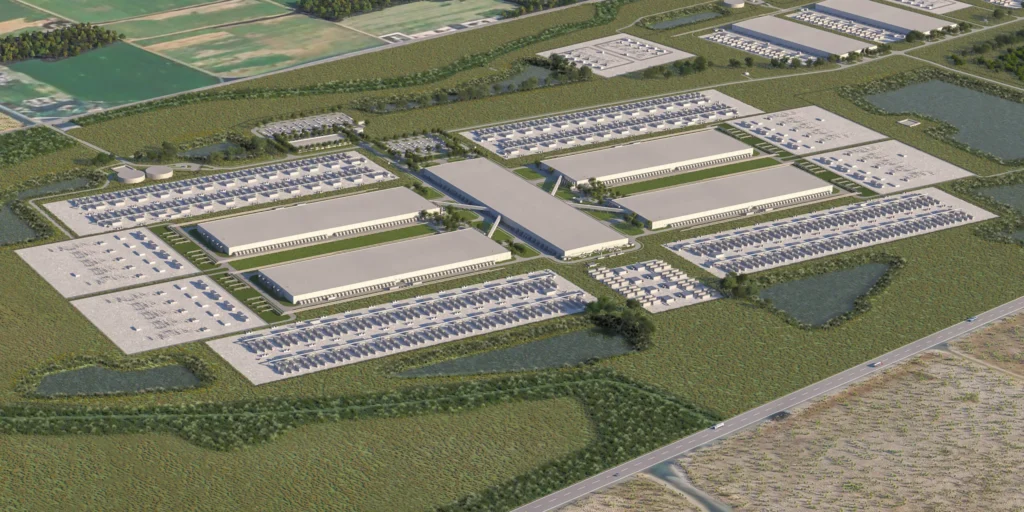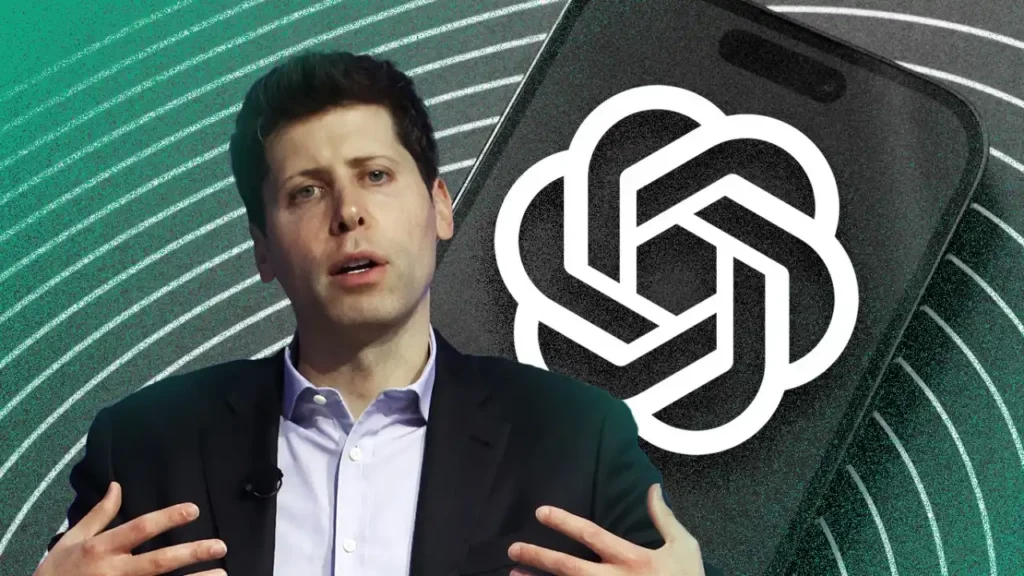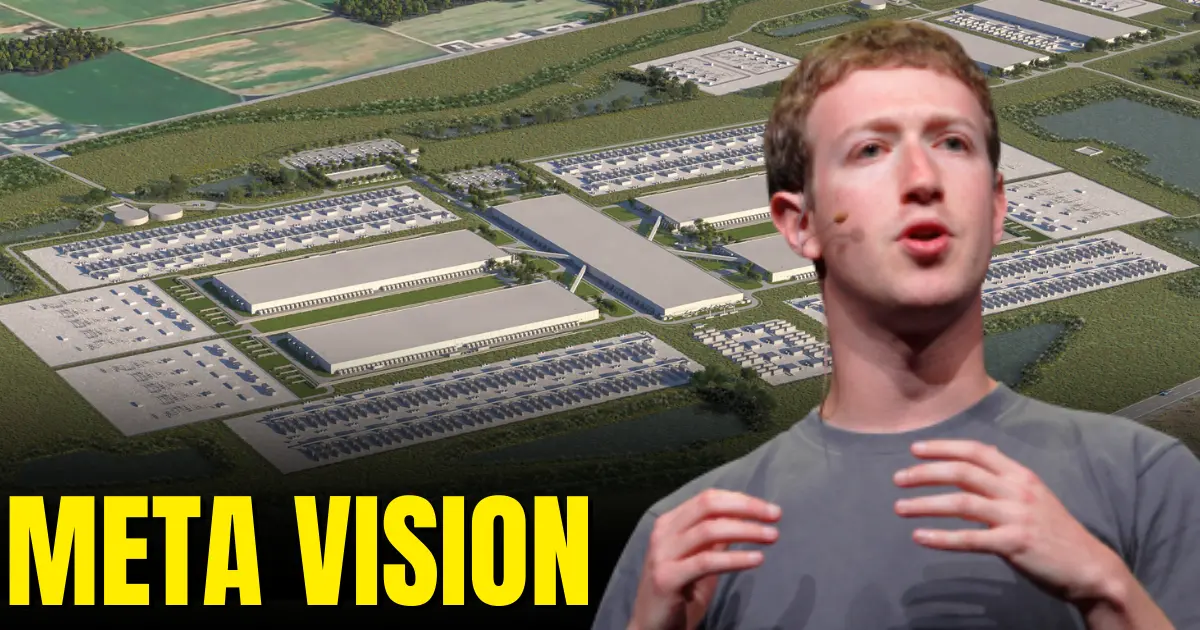Meta is betting $10B on Project Hyperion — a massive AI data hub in Louisiana. But critics warn it could trigger a U.S. energy crisis. Here’s the full analysis.
Table of Contents
Meta’s $10B Hyperion Gamble: Zuckerberg’s Rural Louisiana Bet Could Rewrite America’s Energy Future — or Break It
On a quiet patch of farmland in Richland Parish, Louisiana, excavators are carving out what could become the single most consequential infrastructure project in America’s AI race. Meta, the sixth-largest company on Earth, is sinking $10 billion into “Project Hyperion” — a sprawling, 4-million-square-foot AI data supercluster that CEO Mark Zuckerberg claims will fuel his pursuit of “superintelligence.”
If completed as planned, the site will consume the energy equivalent of 4 million homes — twice the power of New Orleans — and force one of the most aggressive U.S. grid buildouts in decades. For Louisiana, this project isn’t just an economic lifeline; it’s a high-stakes energy experiment. For Zuckerberg, it’s a moonshot redemption play after the Metaverse disaster.
But critics warn: Meta may be building America’s next infrastructure bubble.
A $10 Billion Bet on AI Supremacy
Hyperion isn’t just another data center — it’s Zuckerberg’s $70B+ AI endgame. After Meta’s much-hyped Metaverse pivot crashed, losing tens of billions, Zuckerberg has shifted his obsession to large language models (LLMs) and open-source superintelligence.
- Nine buildings spanning more than 4 million sq. ft
- Up to 5 gigawatts of computing power planned — five times bigger than Amazon’s largest data hub
- $250M AI hiring packages to lure elite talent
- A 49% stake in Scale AI to feed massive training datasets
“This is a generational bet,” Zuckerberg told investors. “We’re building for a future where AI reshapes every aspect of life.”
But the future Meta envisions comes with a staggering power bill — and someone will have to pay.
The Energy Reckoning: Gas Turbines, Grid Strain & the Risk of Blackouts

Hyperion cannot function without a massive infusion of energy. To power Meta’s supercluster, utility giant Entergy is building three new gas-fired turbines capable of generating 2.3 gigawatts — a scale Louisiana hasn’t seen in decades.
This sets a national precedent. If Meta succeeds, similar mega-deals could reshape how utilities, regulators, and Big Tech interact. But there are warning signs everywhere:
- Louisiana’s energy demand could jump 30% overnight
- Gas turbines are backordered globally for the next five years
- Environmental groups fear a backslide on clean energy goals
- Locals fear higher power bills, water shortages, and more frequent blackouts
In May, 100,000 Louisiana customers lost power due to grid strain. Now, Meta’s project will double down on that same fragile infrastructure.
The stakes: If AI-driven demand grows faster than utilities can adapt, America could sleepwalk into a rolling blackout era — and Louisiana may become the stress test.
The Precedent Problem: Why Hyperion Matters for the Entire U.S.
Hyperion isn’t just a Louisiana story — it’s a national template. Regulators fast-tracked approval for Meta’s deal, skipping standard reviews and effectively allowing a private energy contract between Meta and Entergy.
“This is going to set precedent,” warned Logan Burke of the Alliance for Affordable Energy. “This settlement puts all of us at the mercy of a non-public deal between two corporations.”
That’s why investors, utilities, and policymakers are watching Richland Parish closely. If this model spreads:
- Big Tech will dictate utility policy
- Ratepayers could be locked into decades of risk
- States may race to the bottom on environmental and regulatory standards
Zuckerberg calls it innovation. Critics call it privatizing public infrastructure.
The AI Arms Race: Meta vs. Amazon, Google, Microsoft, and OpenAI

Meta isn’t operating in a vacuum. Amazon, Google, Microsoft, and OpenAI are collectively investing $500B+ into data centers and AI superclusters:
- Amazon: $100B in data centers by 2025
- Microsoft & OpenAI Stargate: $500B Texas mega-campus, 100+ gas plants proposed
- Google: $75B into next-gen AI infrastructure
Meta’s $70B+ AI war chest still lags Amazon and Microsoft — meaning Hyperion isn’t just about powering Meta’s AI models; it’s about proving Meta belongs in the top tier of the AI arms race.
The Big Risk: An AI Infrastructure Bubble
The U.S. already has 3,800 data centers — many underutilized. If AI models become cheaper and more efficient, as China’s DeepSeek breakthrough suggests, these mega-clusters could turn into stranded assets.
Energy analyst Cathy Kunkel warns:
“Either these projects get more efficient… or they go bankrupt.”
Hyperion is a gamble on infinite AI demand. But history says technology shifts — and Meta could find itself sitting on a $10B ghost town if the AI boom cools.
Bottom Line: A Moonshot That Could Rewrite America’s Grid
Zuckerberg’s $10B Hyperion bet is either a masterstroke or a colossal miscalculation.
- If Meta wins, Louisiana becomes the blueprint for America’s AI-powered economy.
- If Meta fails, the state could be saddled with stranded infrastructure, higher rates, and grid chaos.
Either way, the Meta-Entergy deal marks a new era in Big Tech’s control over U.S. energy policy — and the entire country is now watching Richland Parish.
Because in the race for AI supremacy, the first mover wins.
But if Zuckerberg guessed wrong, Louisiana could pay the price for decades.
